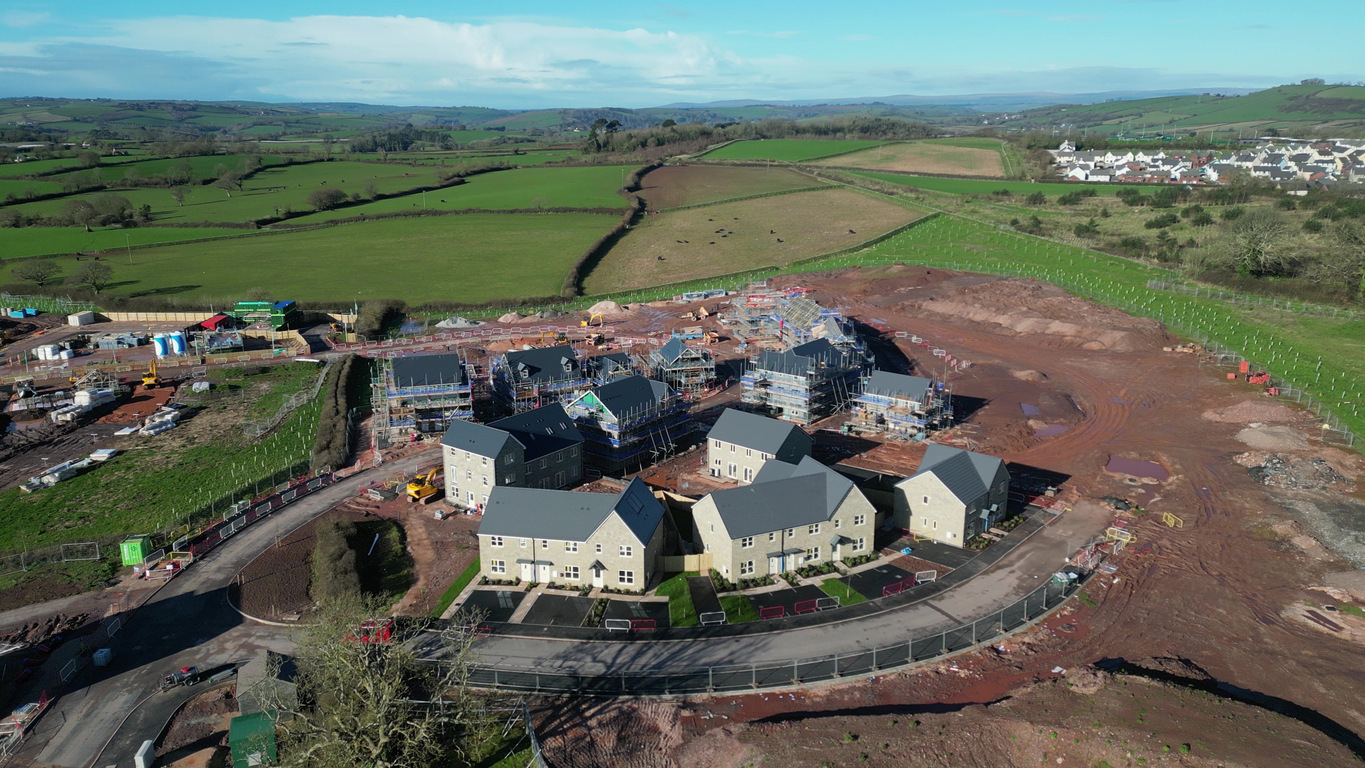Hitting net zero - moving from carbon estimating to accurate scope 3 reporting
Watch webinar recording now
Accurate measurement and reporting of Scope 3 embodied carbon emissions is increasingly seen as the industry's biggest challenge. Enjoy this OnDemand webinar as we are joined by Aggregate Industries, Balfour Beatty, Kier, Galliford Try and Morgan Sindall to talk about the challenge of consistently reporting Scope 3 emissions, how data accuracy is key to success and discuss how accurate reporting means better choices and lower risk for all businesses within the sector.
What's on the agenda?
Sustainability is high on the agenda across the industry yet, the accuracy of the data used to support Scope 3 embodied carbon emission reports is increasingly seen as the biggest challenge to reducing construction's carbon footprint on the road to net zero. In order to tackle this issue, Causeway is driving real collaboration across the supply chain via the "Scope 3 Initiative", working closely with some of our customers to develop a software solution that helps the industry move from carbon estimating to real time, ‘paid for’ embodied carbon accounting that increases the accuracy of reporting. In this webinar, we explore:
-
Why scope 3 emissions matter
-
Moving from carbon estimates to accurate reporting
-
An introduction to the "Scope 3 Initiative"
Scope 3 emissions, which include the production and use of construction materials, make up as much as 98% of contractors' carbon emissions.
The "Scope 3 Initiative" is working to develop a software solution - CausewayOne Carbon - that can deliver a credible, verifiable, efficient and scalable way to provide embodied carbon data in real-time, using invoice data automatically extracted from CausewayOne e-Invoicing, the largest connected construction supply chain community in the UK.
More content you might like


Transforming receipting in construction: lessons from Balfour Beatty’s journey with CausewayOne

E-invoicing in UK construction: get ahead while the government decides

Clear, collaborative and fair: an expert's Q&A breakdown of the Fair Payment Code

How achieving the Fair Payment Code Gold Award can give contractors a competitive edge

The new Fair Payment Code explained: new rules set to transform construction finance




Unlock the future of carbon reporting with CausewayOne Carbon
Contact us today for a software demonstration.
Enhance visibility of embodied carbon emissions across the entire supply chain, promoting transparency and accountability.
Significantly improve control over emissions reporting, mitigating regulatory and reputational risk.
Facilitate compliance with emerging carbon reporting obligations, ensuring alignment with global sustainability standards.
Allow for the comparison of emissions data on a unified platform, setting the stage for industry-wide improvements.